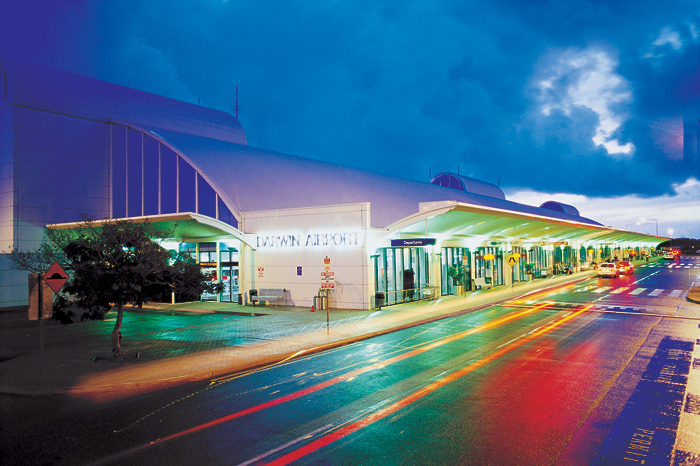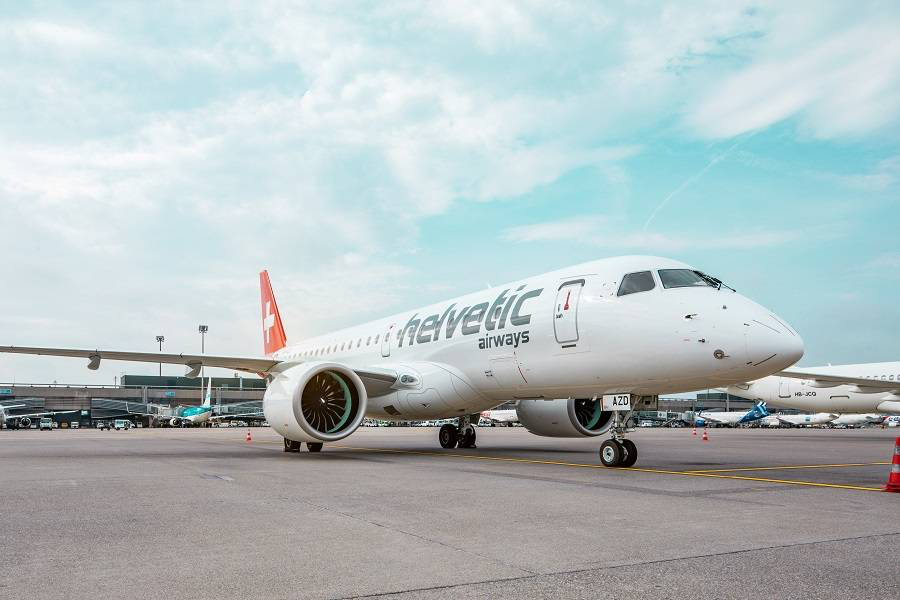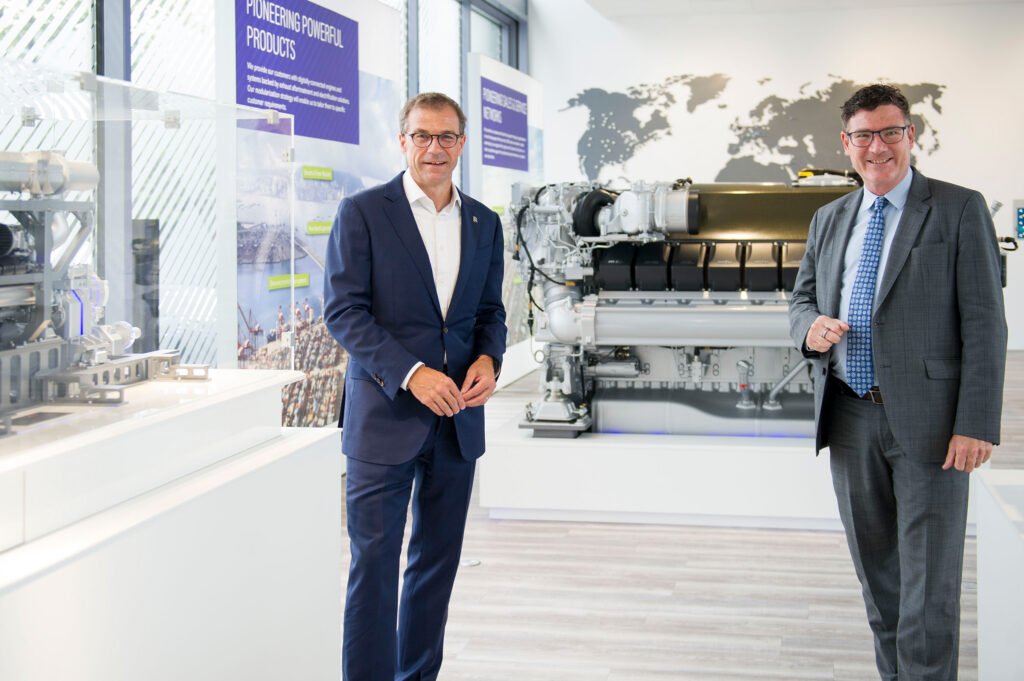British Airways Selects Collins Aerospace to Upgrade 777 Fleet with Enhanced Club World Experience
WINSTON-SALEM, NC – British Airways (LSE: IAG) has selected Collins Aerospace to upgrade its fleet of Boeing 777 aircraft to the Club World experience for business class passengers. The agreement includes installation of the popular Club…








